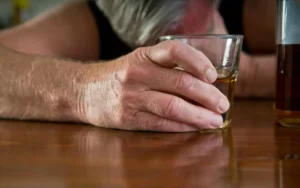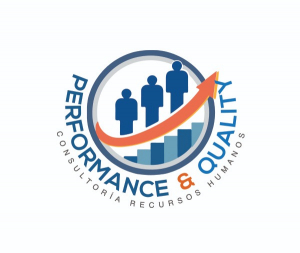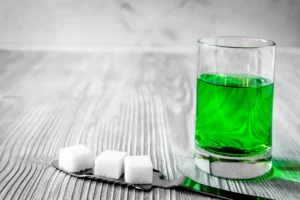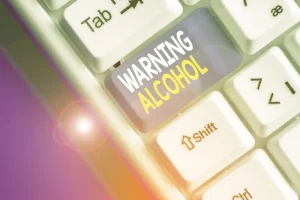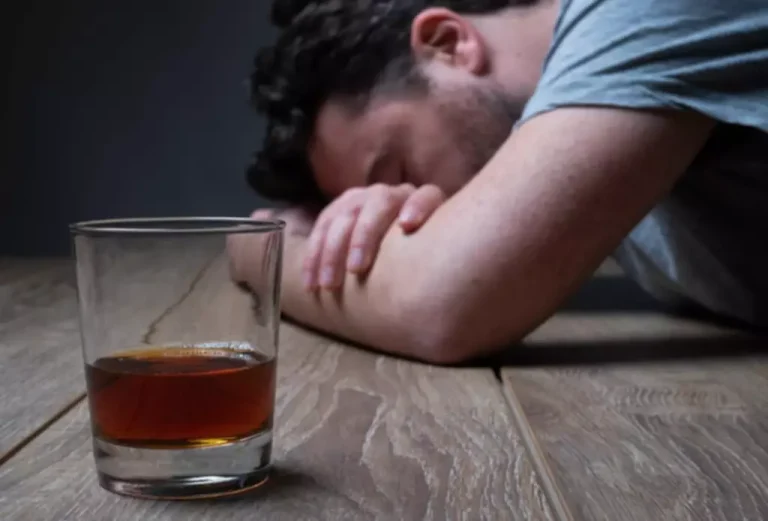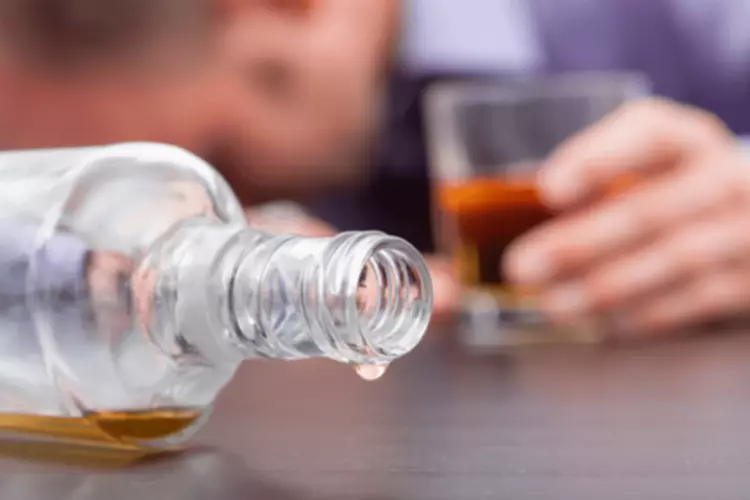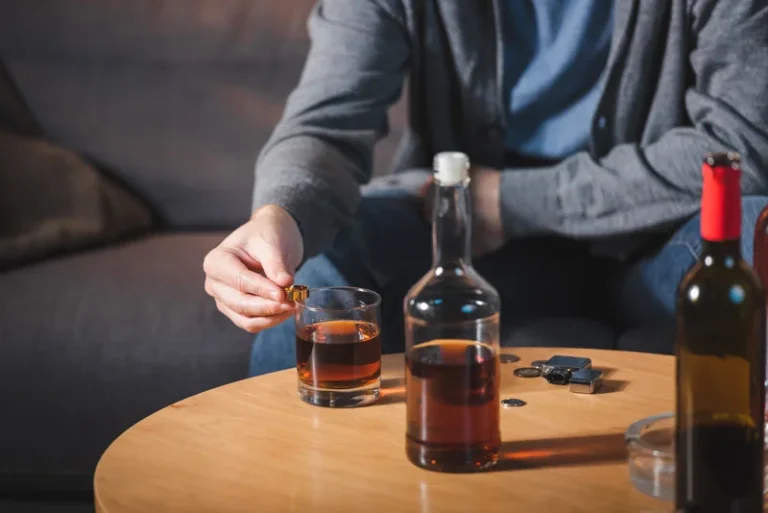7 Strategies to Help You Recover from a Relapse
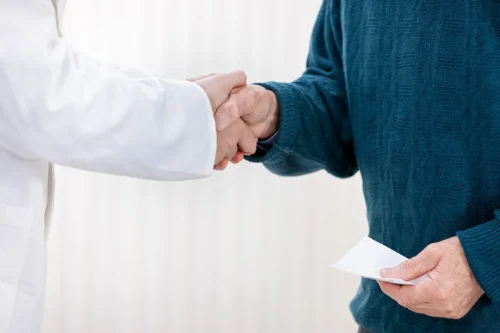
However, when examining those with PTSD, the prevalence of SUD escalates to as high as 35 percent, while alcohol use disorder (AUD) stands at 52 percent. Conversely, around 8 percent of the general population experiences PTSD, but within the subset dealing with a substance use disorder, this figure surges to between percent. Therefore, a key aspect of recovery is identifying potential triggers and risk factors and avoiding them as much as possible. At this stage, working toward avoiding triggers or high-risk situations in which relapse could occur is critical.
Strategies to Help You Recover from a Relapse
Trauma may not have been adequately addressed, necessitating more effective techniques or a longer duration of treatment. One recent 2022 study revealed that trauma plays a significant role in relapse. The findings revealed that among the participants, 298 individuals (88.9 percent) had encountered childhood adversities, with 44.4 percent of them reporting more than five childhood traumas.
- You shouldn’t expect everything to line up once you leave a rehab center.
- It has gained prominence as an effective method for addiction treatment and relapse prevention.
- Recovery from substance use and addiction is never an easy experience.
- Discover how seeking guidance can provide the necessary tools and resources for overcoming setbacks, and uncover insights into the incredible resilience and strength involved in the rebuilding process.
- In the general population, approximately 3-7 percent of people grapple with a substance use disorder (SUD).
Three Steps to Getting Back on Track After Relapse
A relapse isn’t a hard reset; it can just be a momentary slip. But the truth is that sometimes relapse is out of our control; specific situations, emotions, or unexpected events can trigger the mental, emotional, and physical stages of relapse. Over time, addiction makes it harder to enjoy activities outside of substance use and get sober on your own. Alterations in the reward pathway can last for months or years after a person achieves abstinence, increasing the likelihood of continued use and relapse, even after a period of abstinence.
What Is a Relapse?

When people use alcohol or other drugs for a long period of time, they develop tolerance. That means they have to take higher doses of the substance to feel the same effects. Many people are embarrassed by their addiction, but having the disease of addiction is not shameful. Being open and honest about your recovery allows friends, family members and co-workers to support you when you need it. Including others in a relapse prevention plan can help the plan succeed.
Warning Signs of Relapse
By understanding and identifying your personal relapse triggers, you can proactively address and avoid situations that may jeopardize your progress in recovery. Recognizing the signs of relapse is pivotal in taking early action and preventing a full-blown relapse. Warning signs may manifest as isolating oneself from support systems, neglecting self-care, experiencing https://ecosoberhouse.com/ cravings or thoughts about using substances and engaging in risky behaviors. Health professionals should help people in this stage acquire critical coping skills. This includes the ability to recognize high-risk situations and avoid substance use. If you have been struggling with addiction, inpatient rehab programs offer round-the-clock care and support.
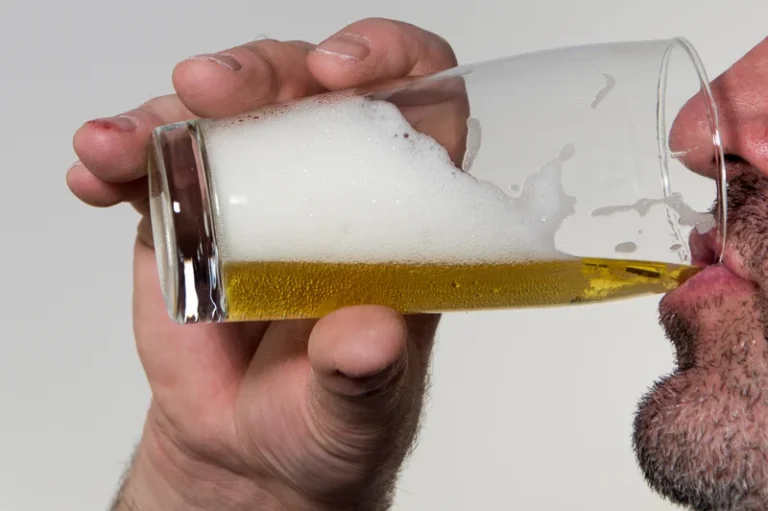
Page Guide To Sobriety
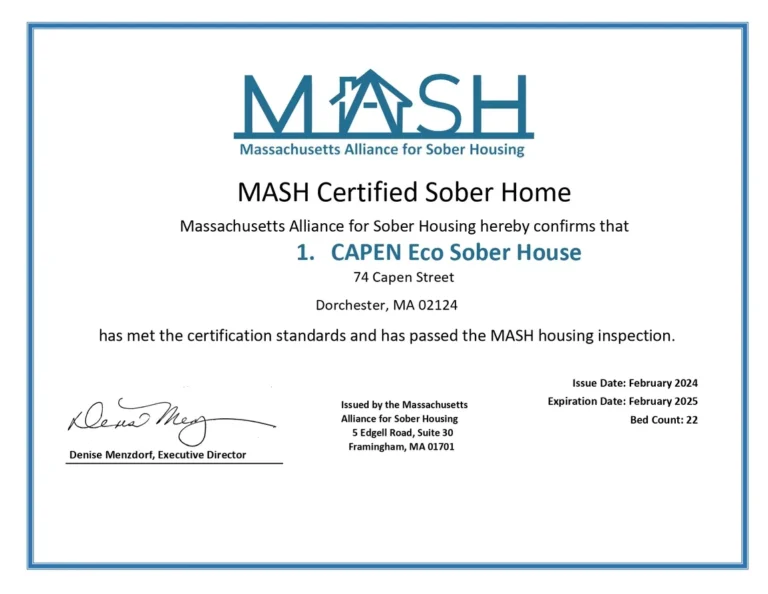
Let your relapse be a learning experience for the future, and use it to plan for potential triggers you might encounter. In this way, your relapse becomes a source what to do after a relapse of strength and motivation that moves you forward in your recovery journey. One of the most dangerous aspects of relapse is the increased risk of overdose.
- They may need to see a doctor or nutritionist and develop a healthy diet plan.
- Taking time to reflect on past experiences and situations that have led to relapse can help develop effective coping strategies.
- A relapse isn’t a hard reset; it can just be a momentary slip.
- Instead, try a more adaptive strategy and find new supports that protect you mentally, emotionally, and physically.
Having a Healthy Holiday 2023 in Recovery
